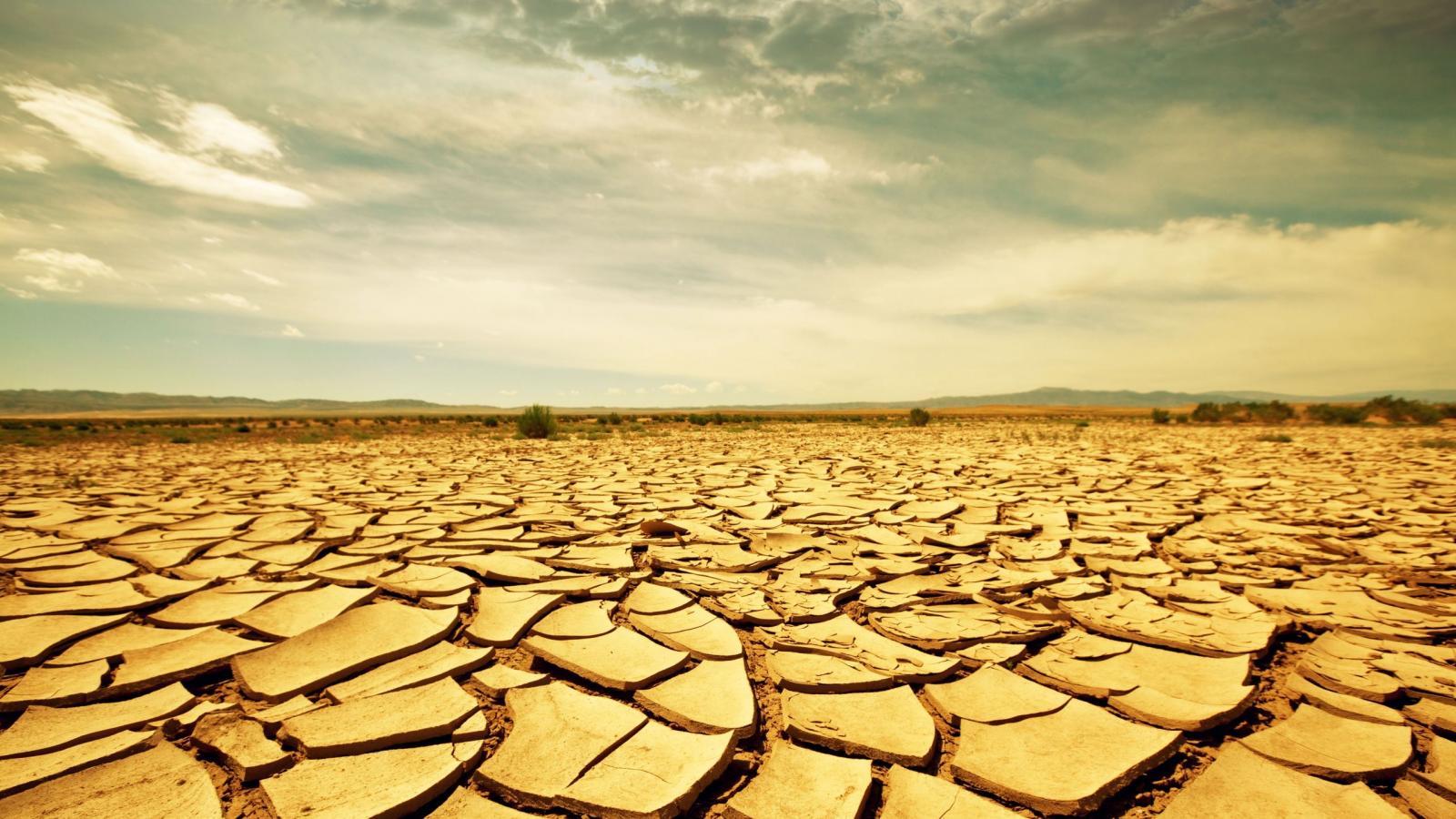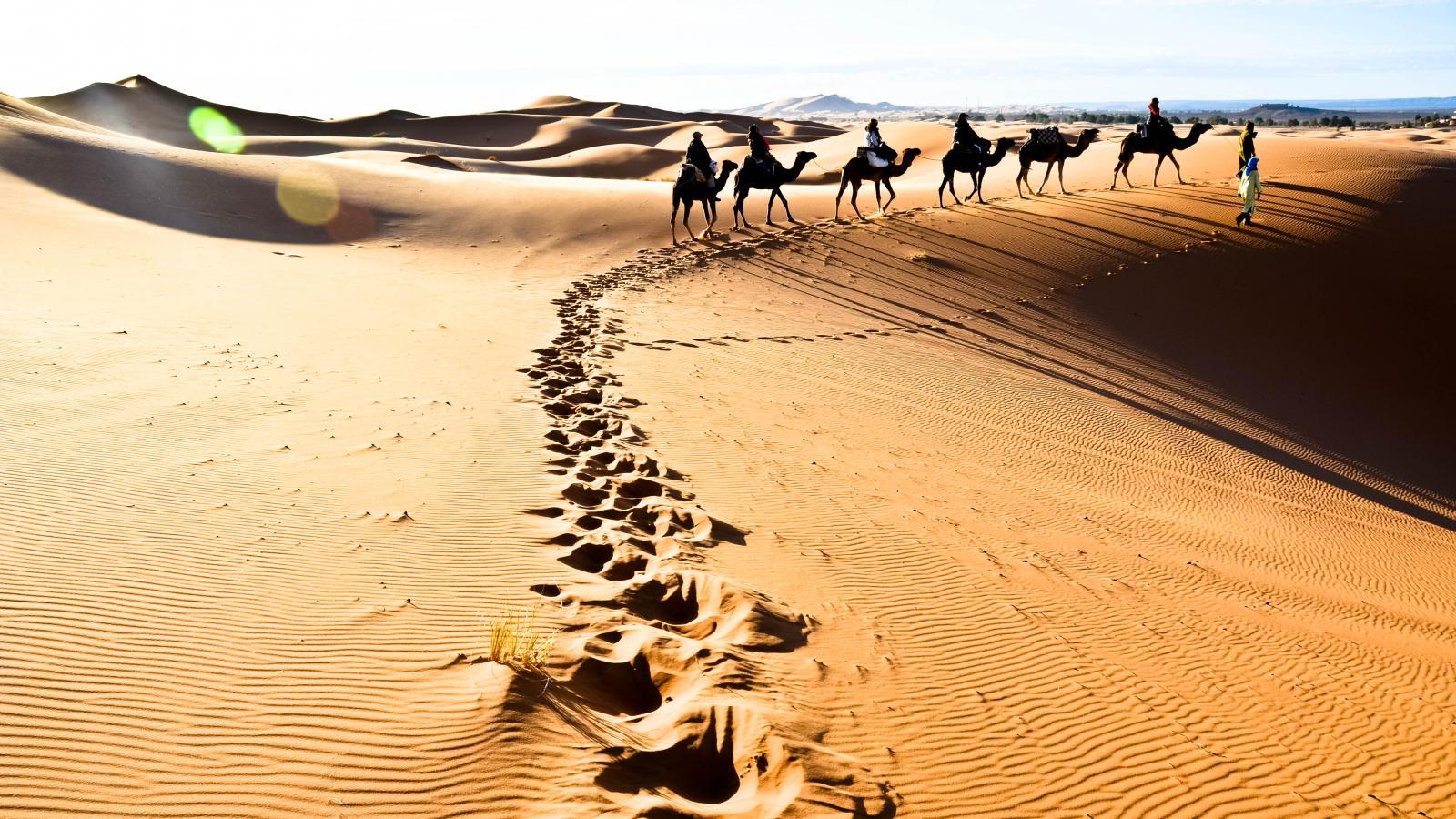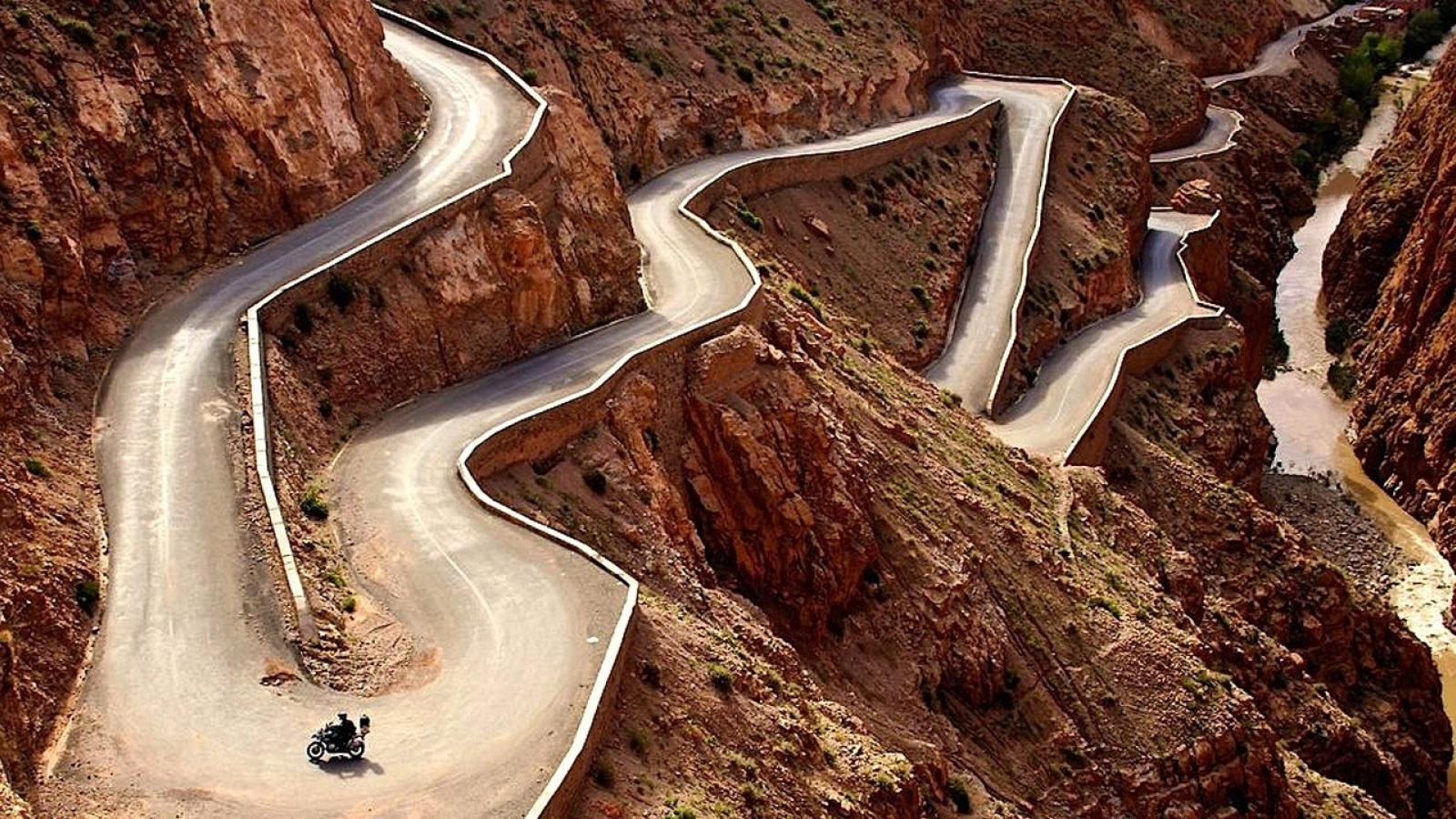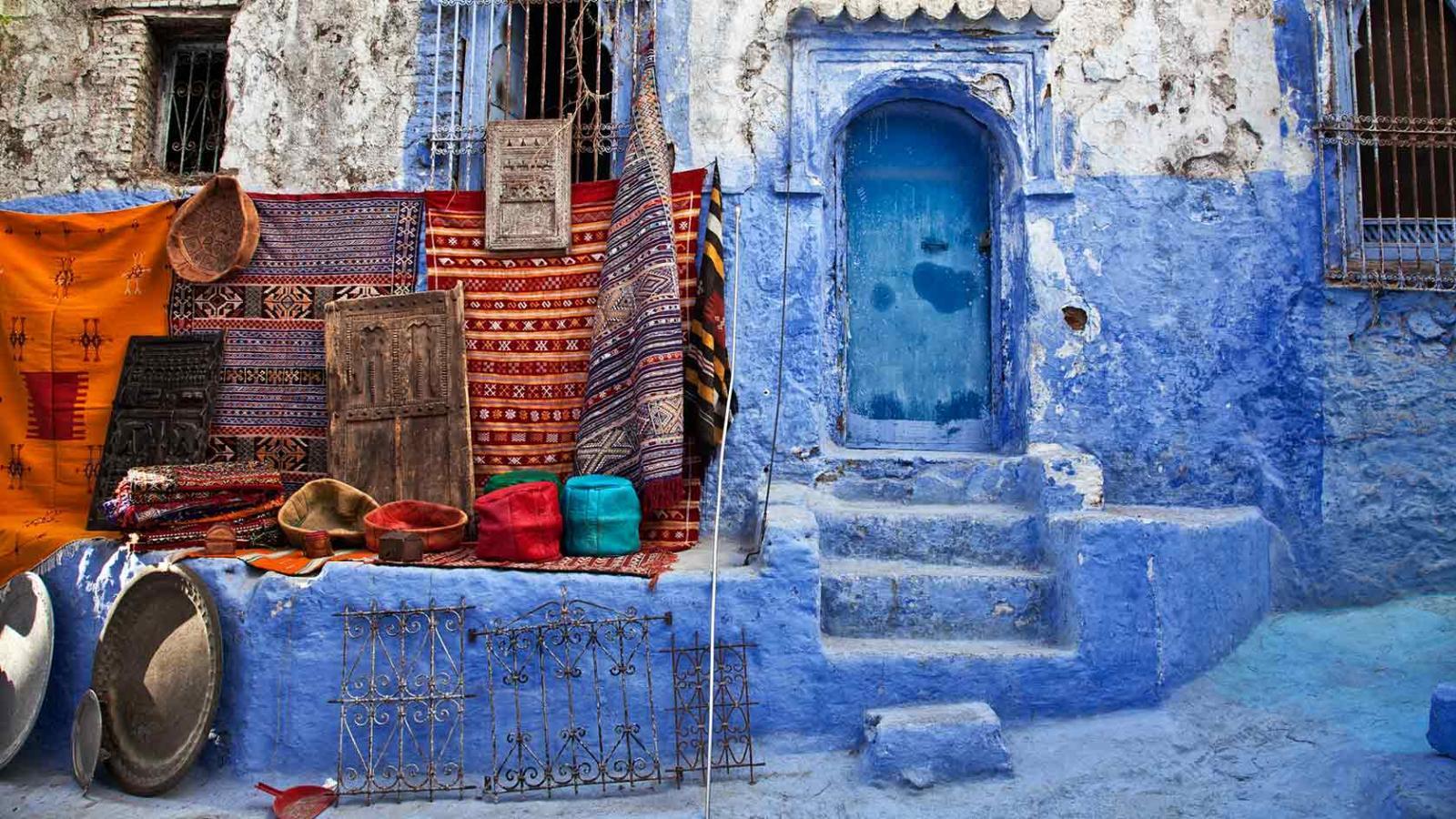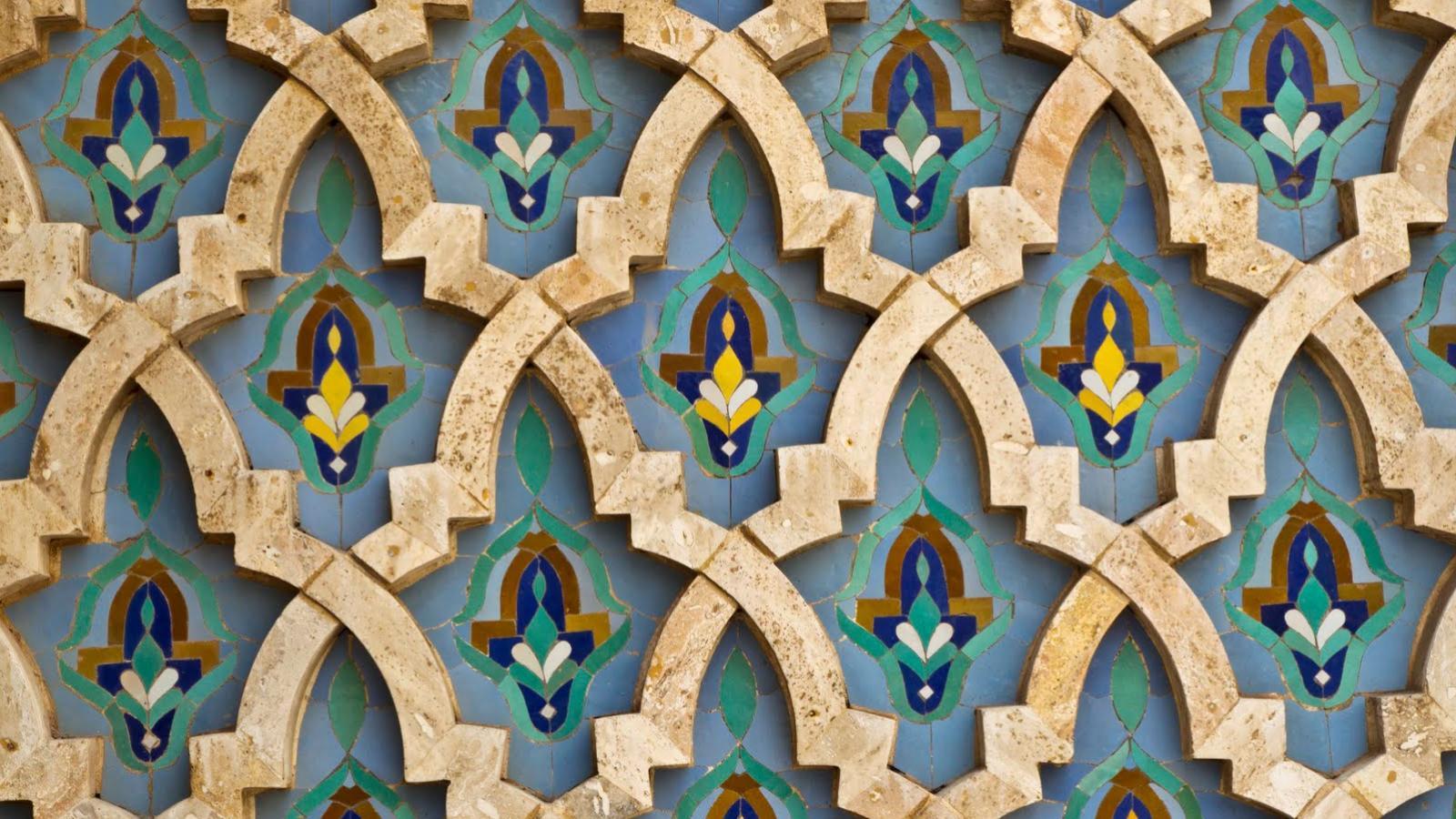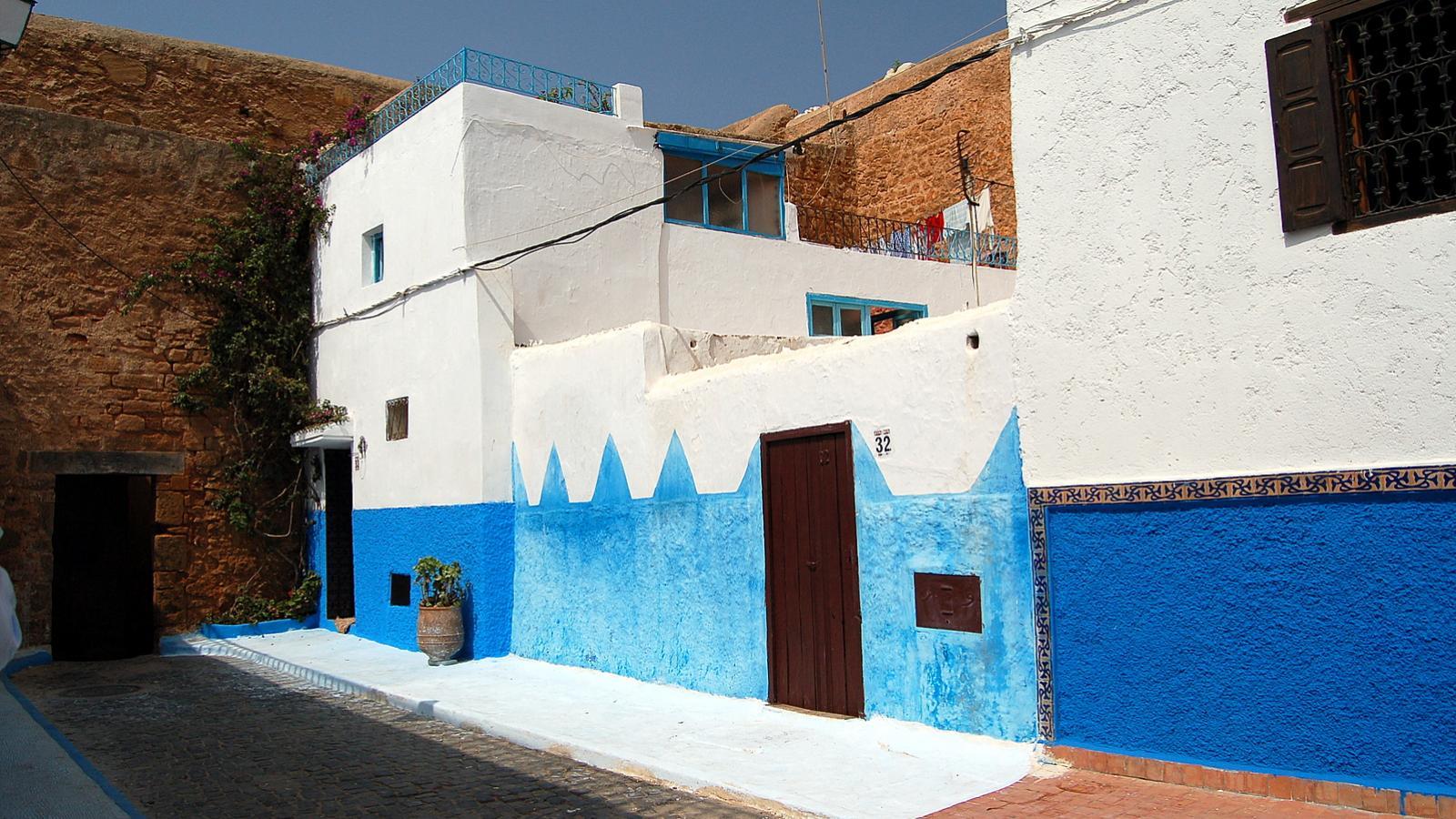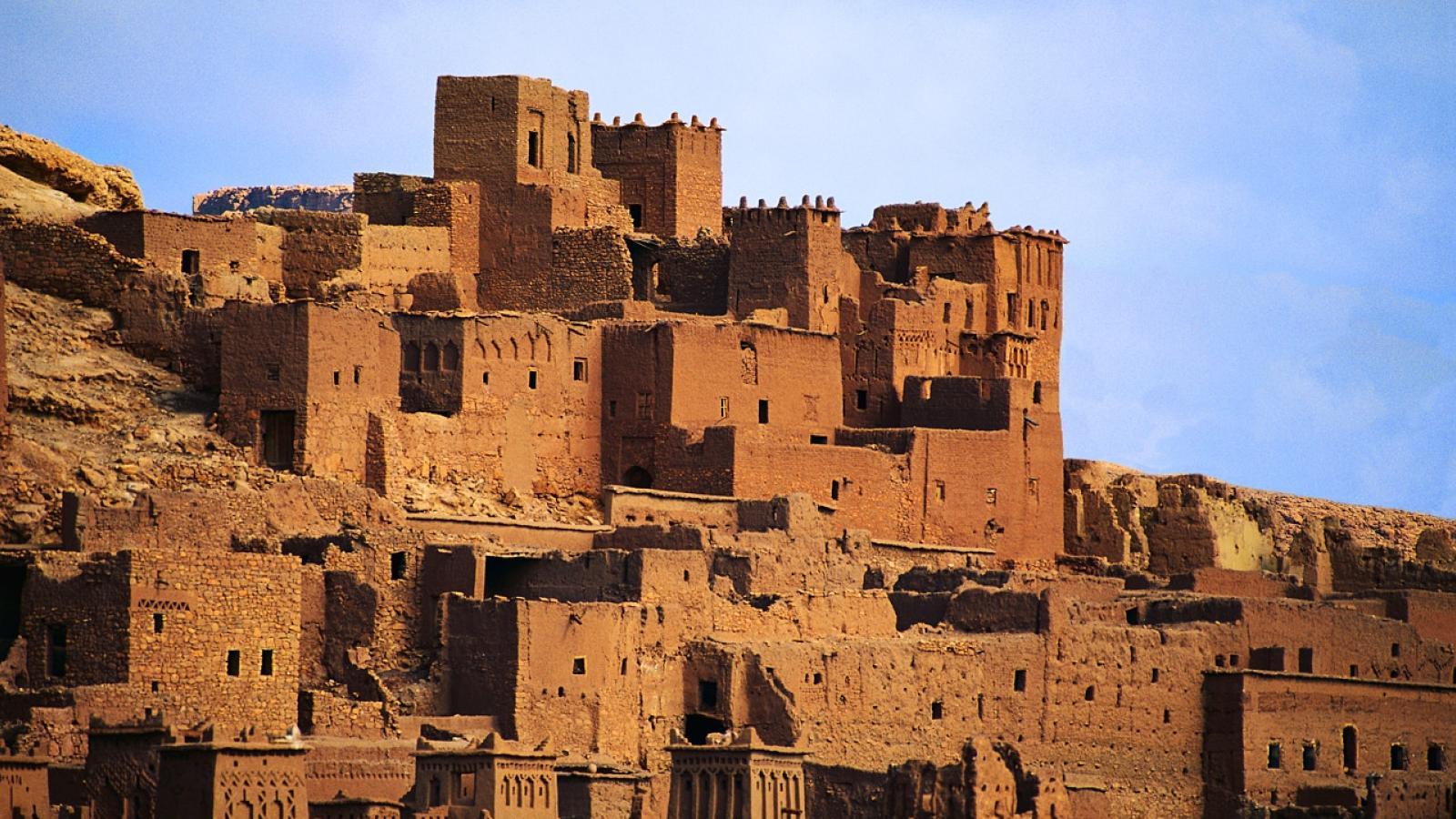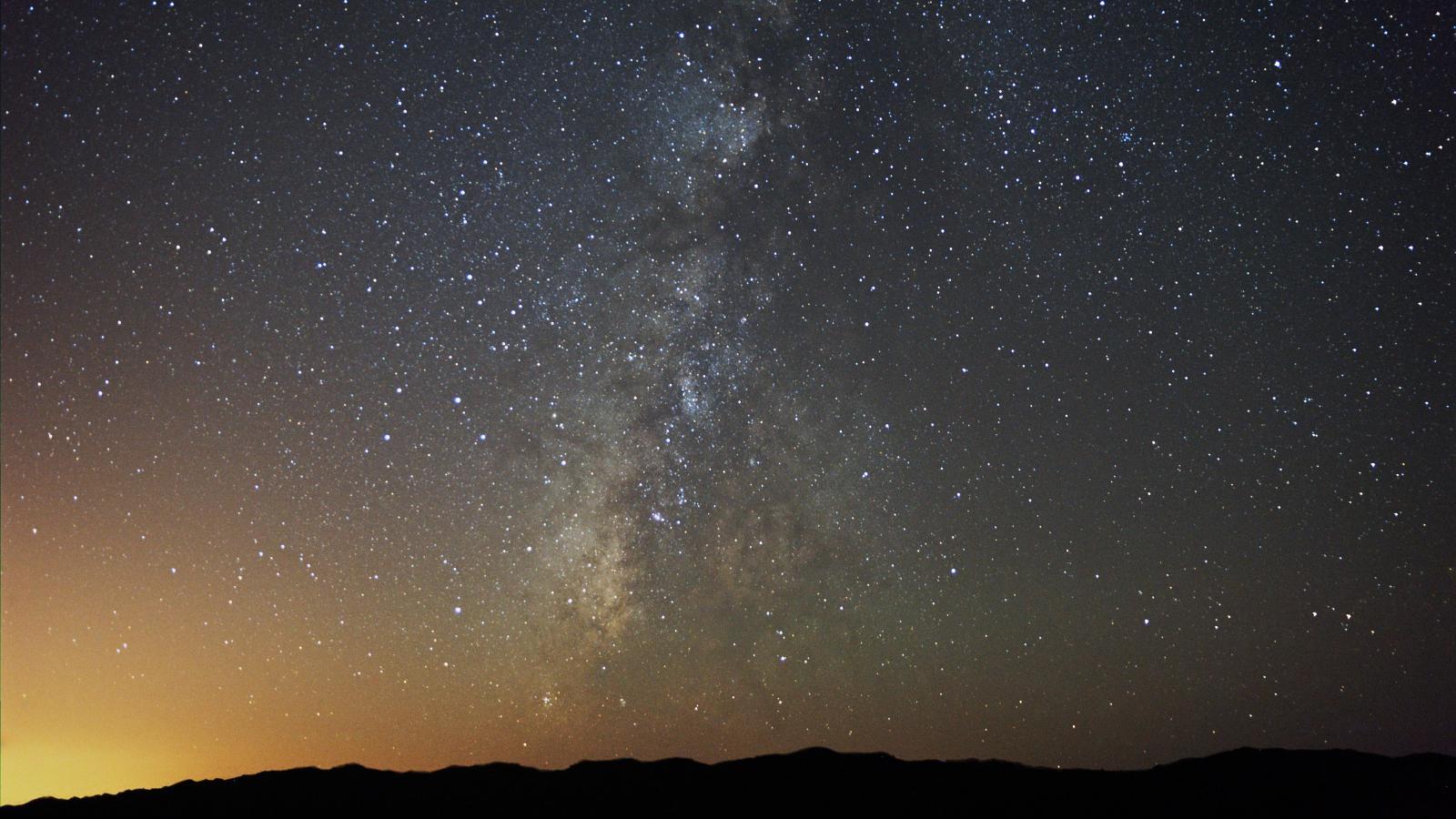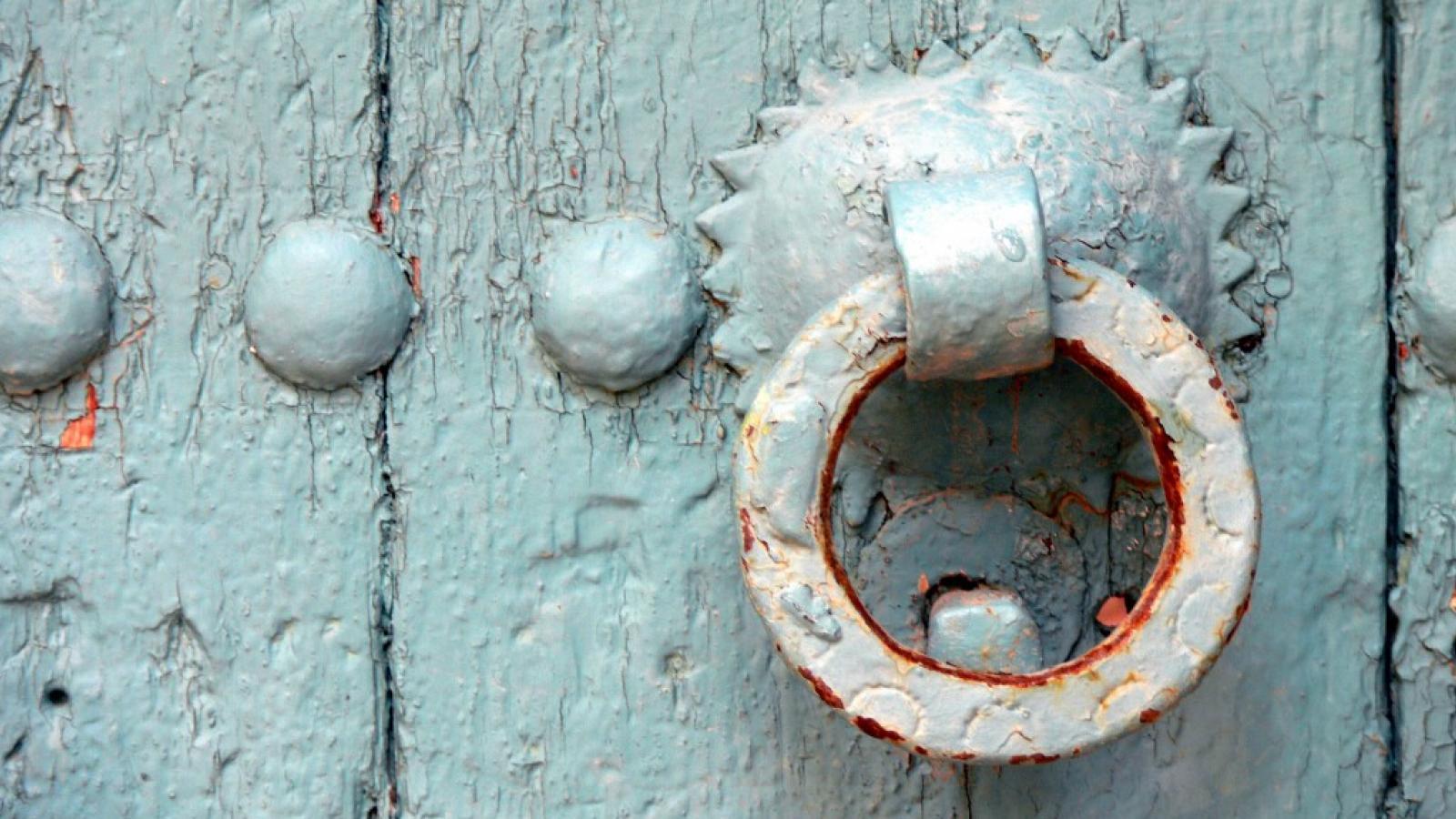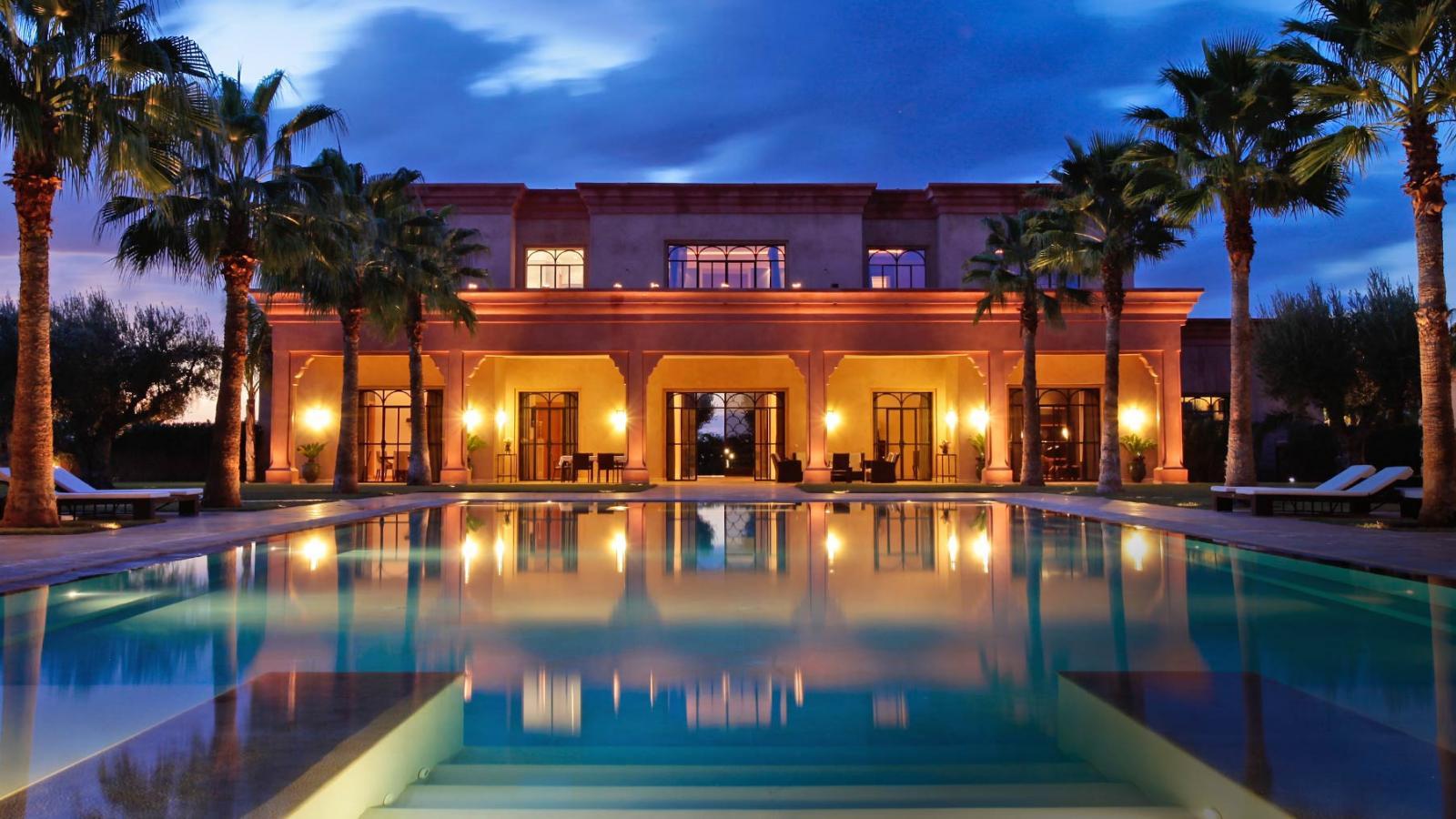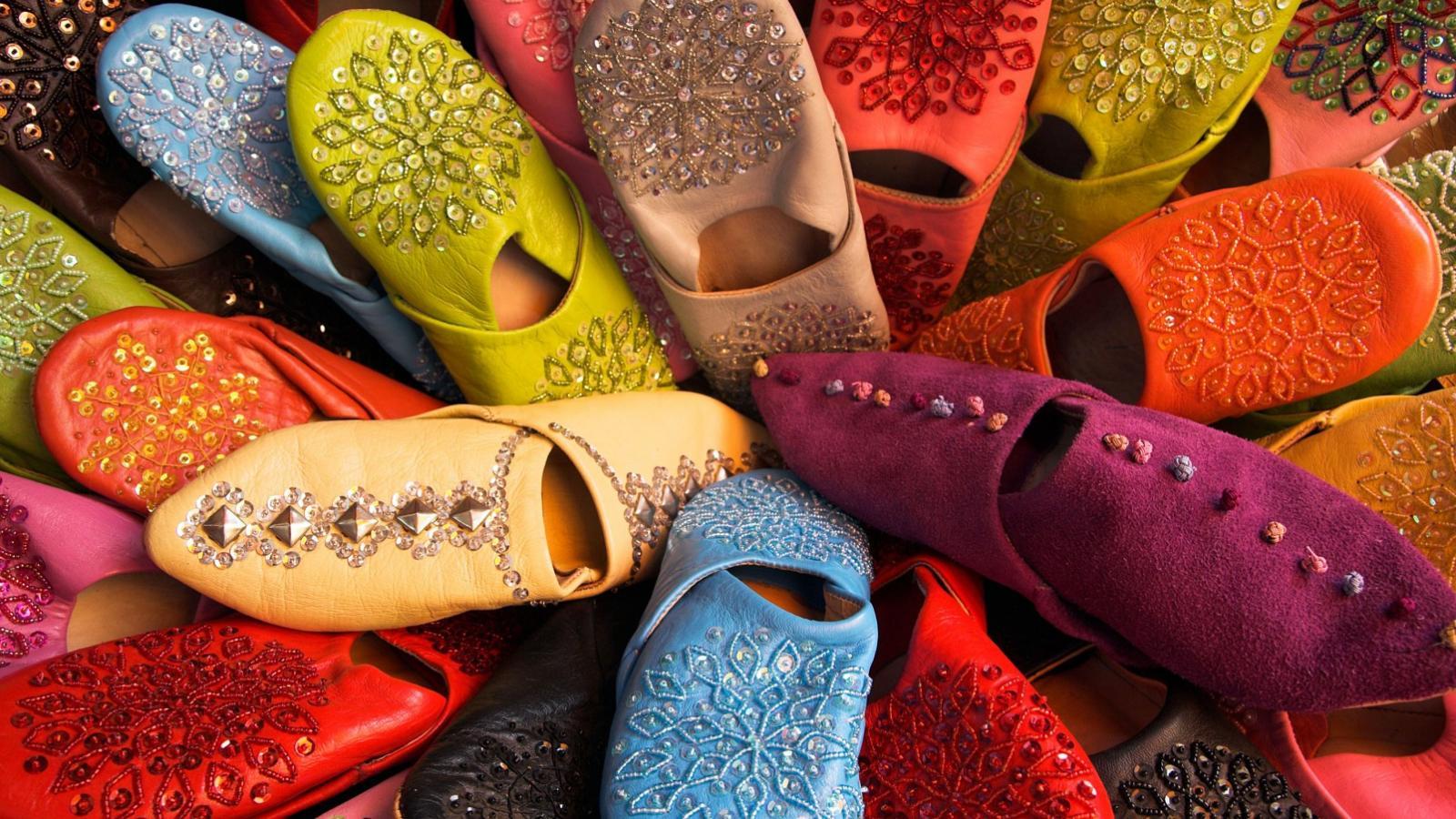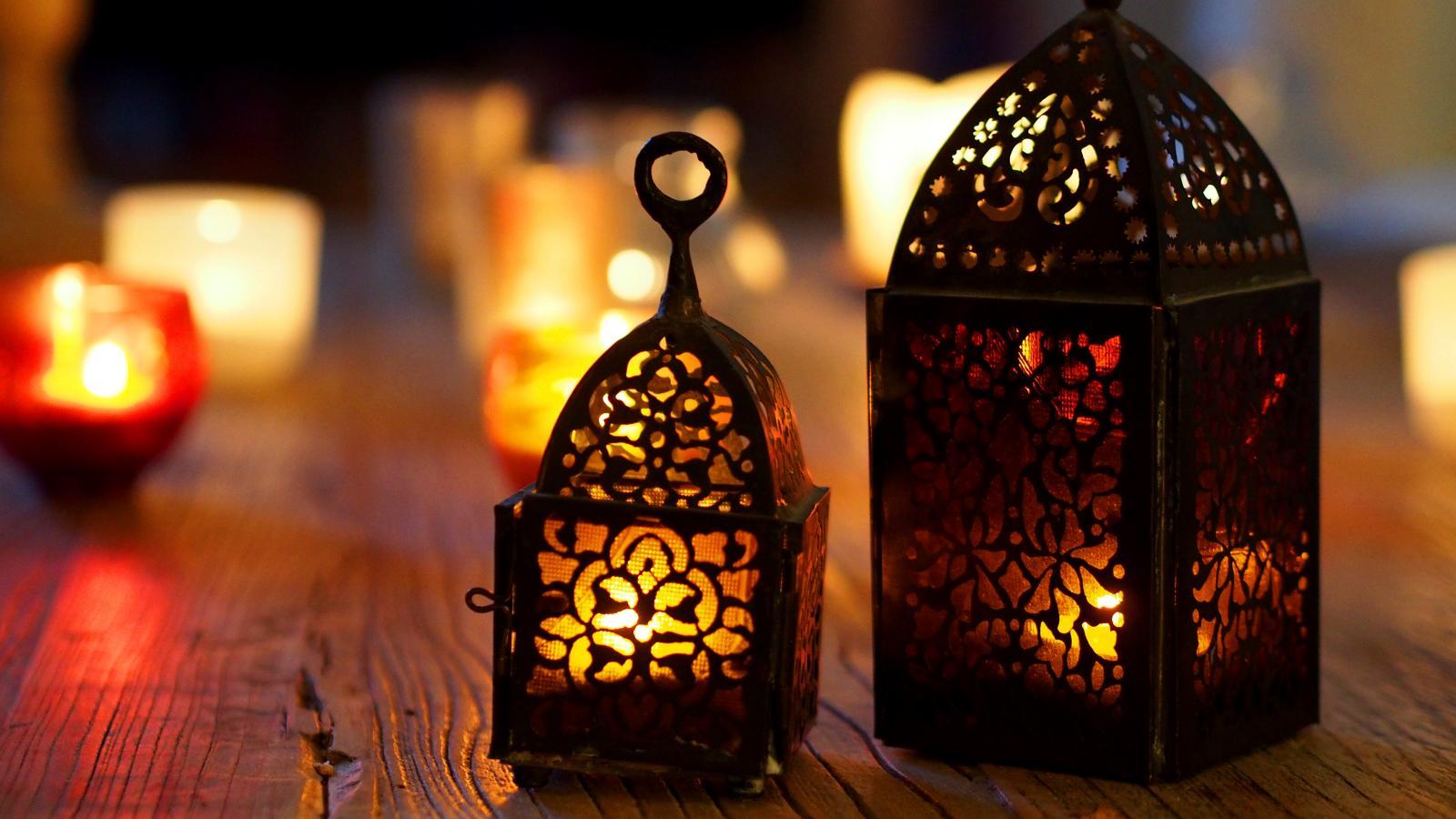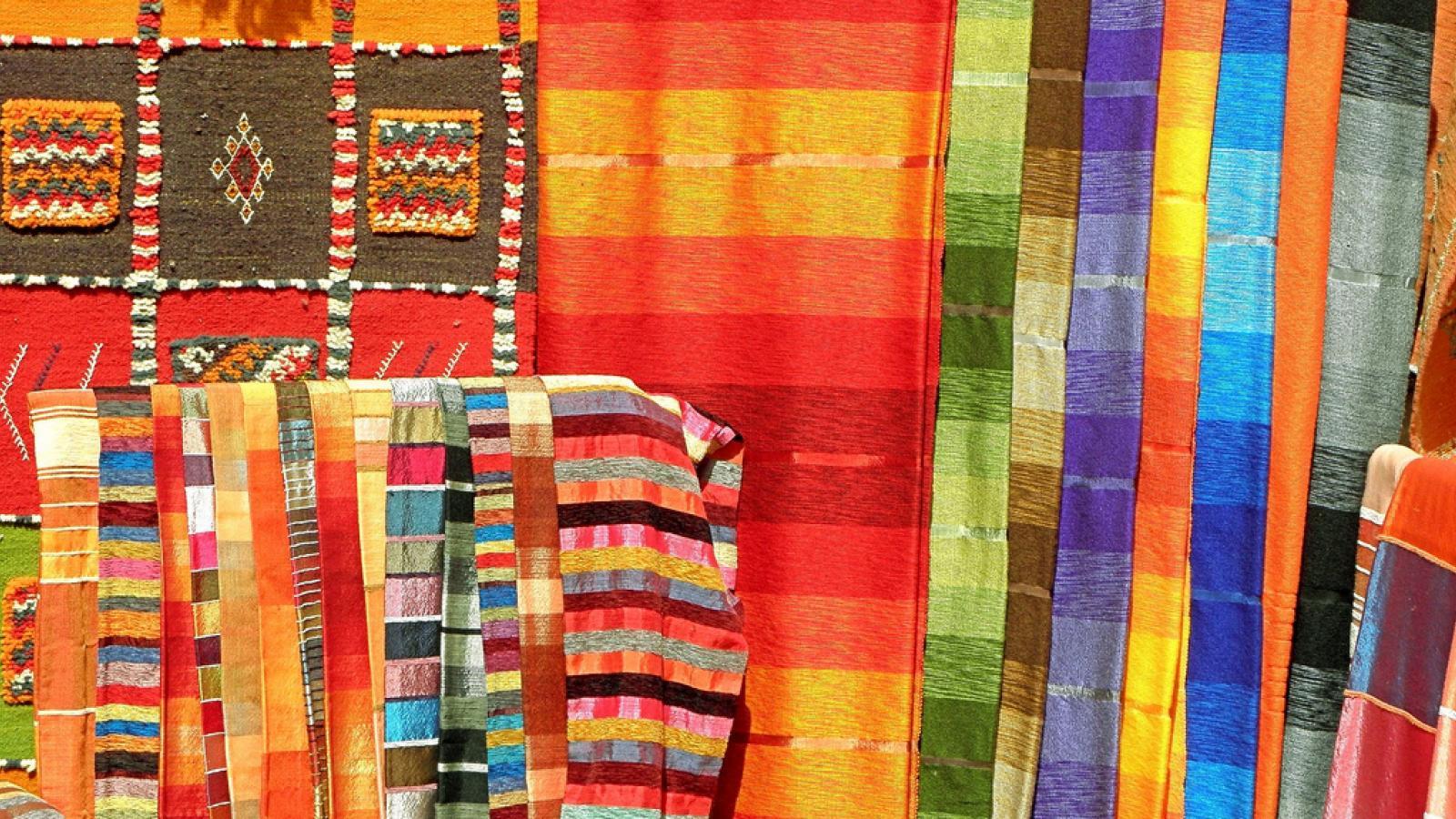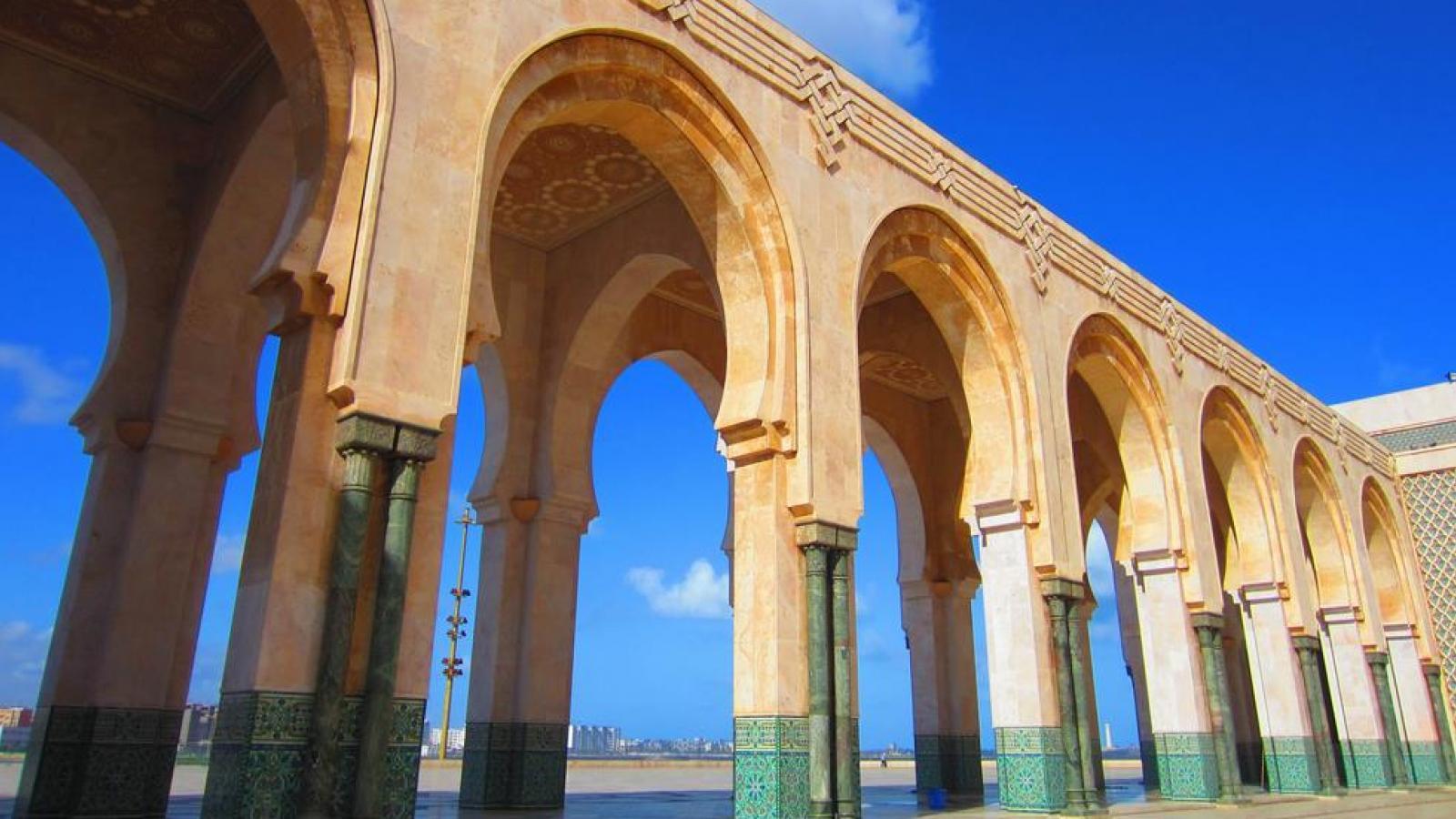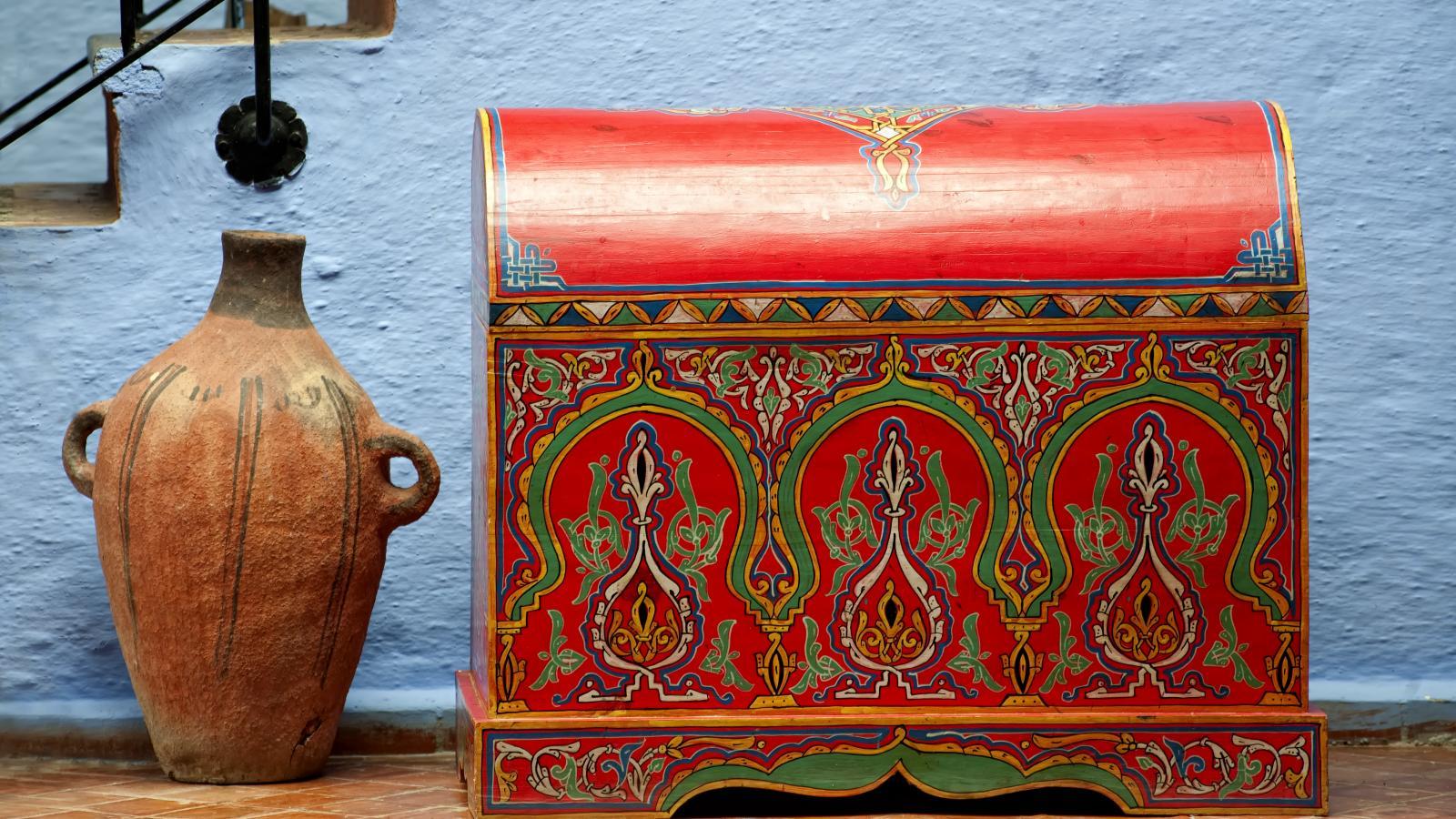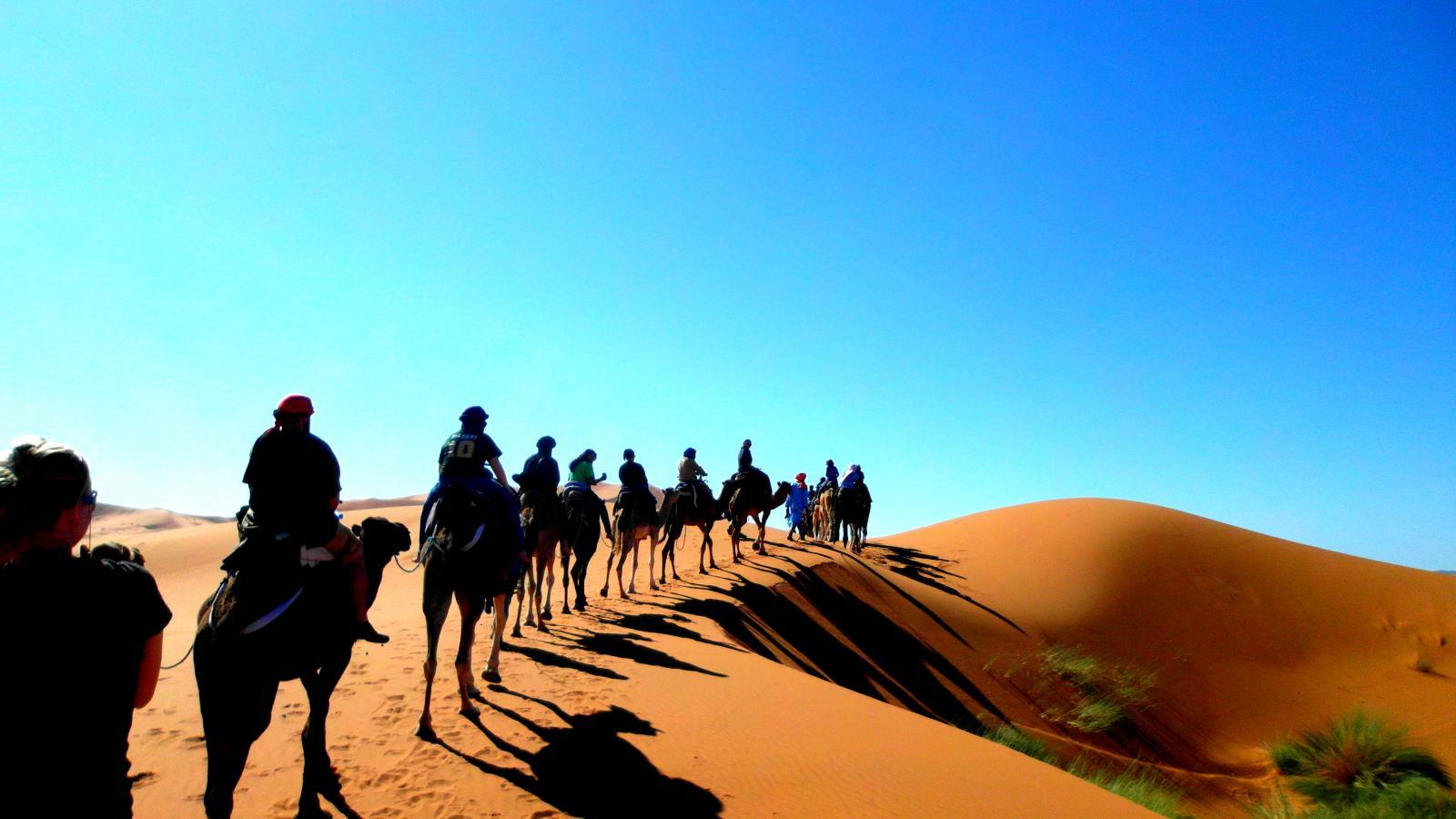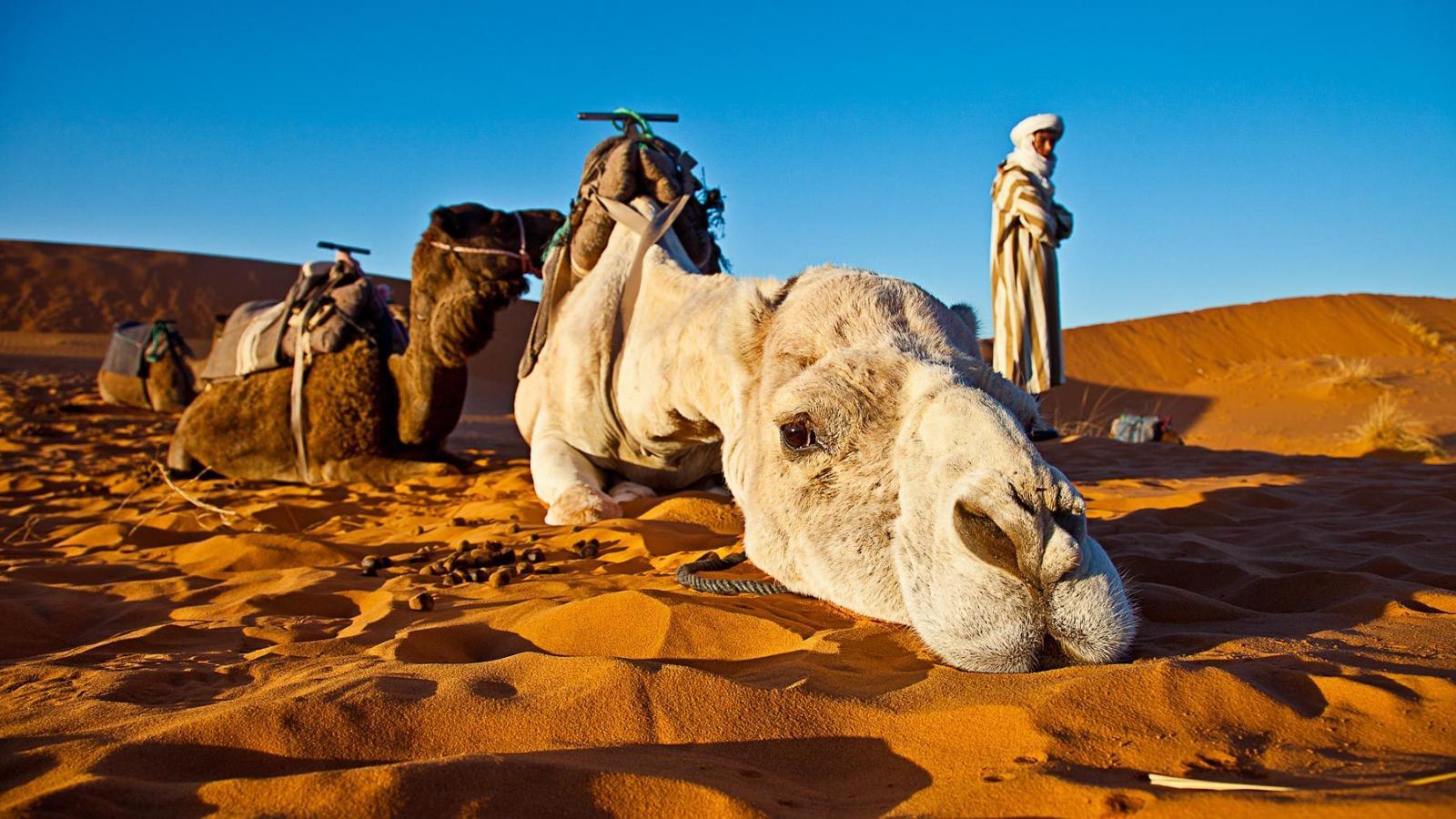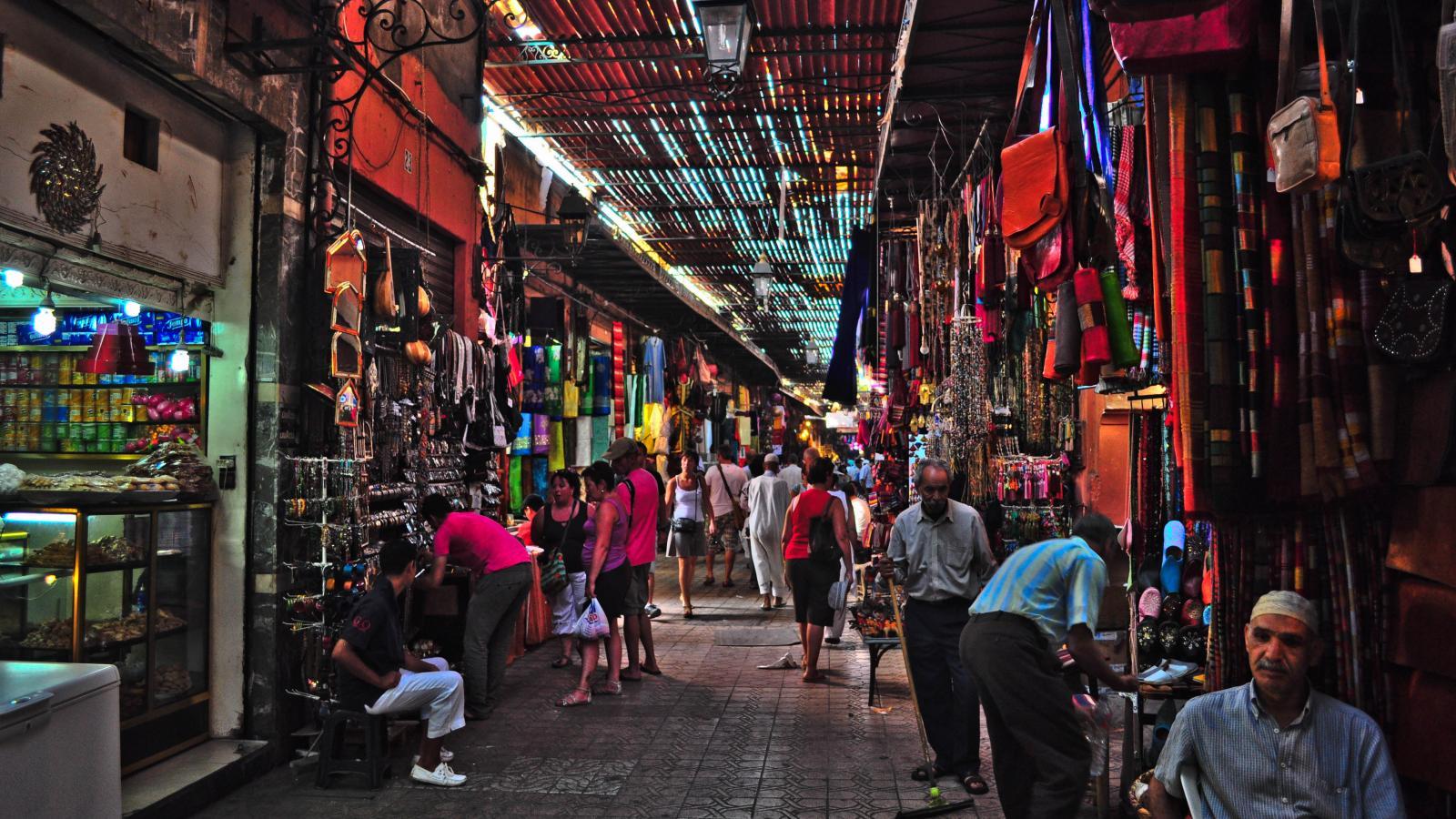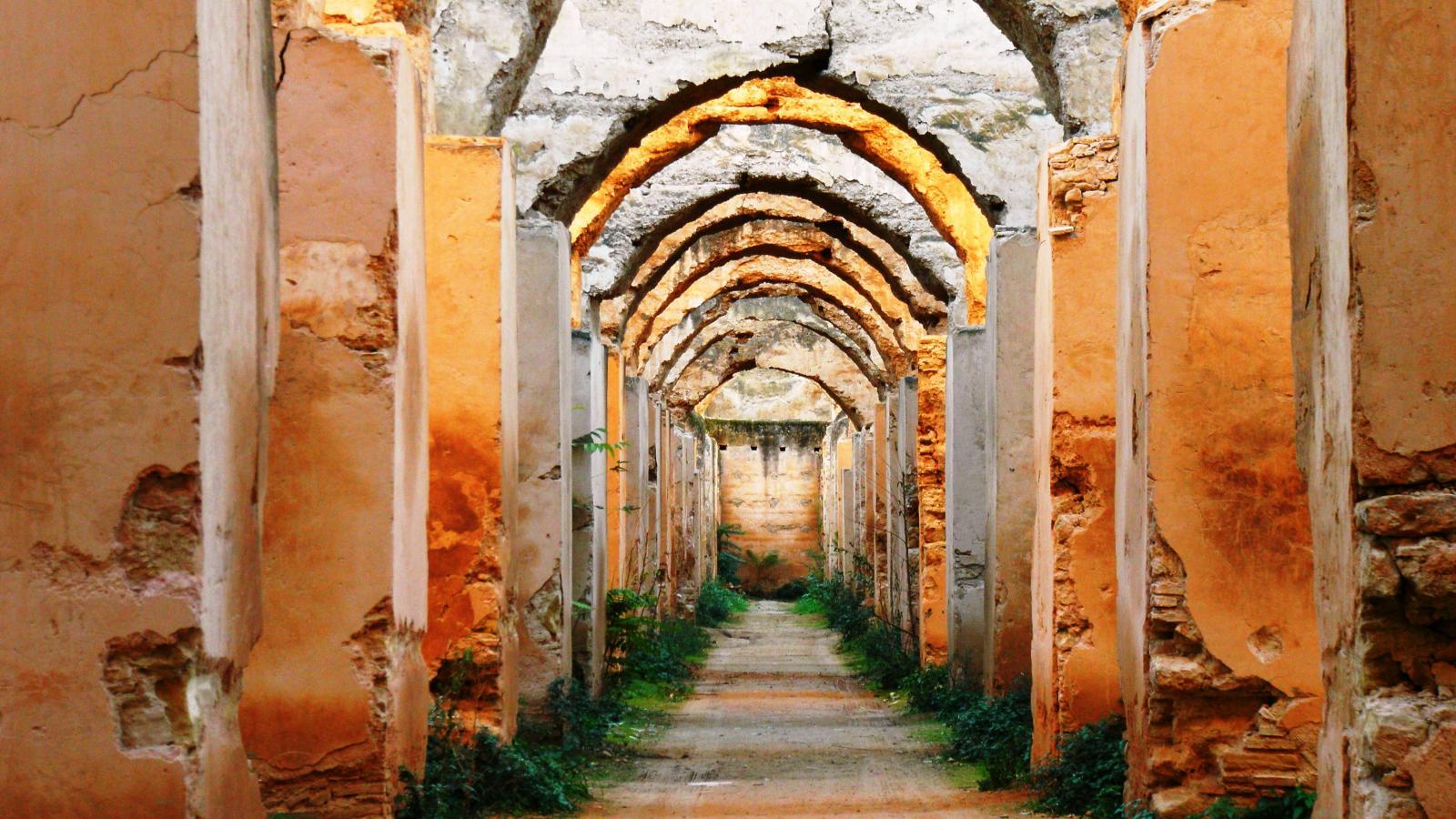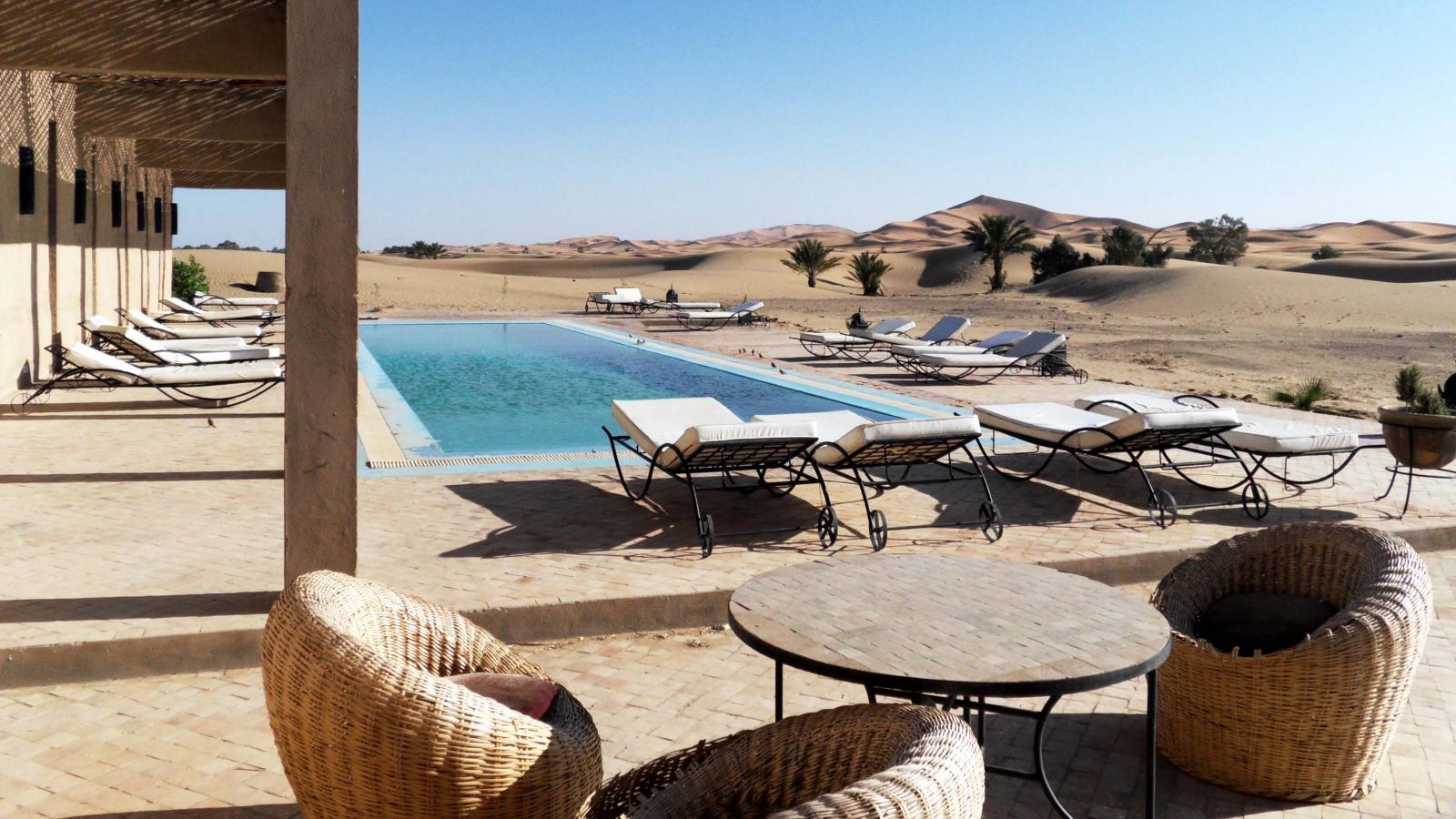Fun Facts
Cafes dominate life in Tangier
Moroccan men enjoy socializing at cafes and watching people go about their affairs. Sweet mint tea is the preferred tea of choice. If you are in the northern part of Tangier, be sure to visit Cafe Hafa, which overlooks the Straight of Gibraltar, and Cafe Baba, which is the coolest spot in the Kasbah.
Most mosques are off-limits to non-Muslims
Just about everyone who lives in Morocco is Muslim. The sound of the muezzin's call to prayer can be spine-tingling if you have never heard of it before. Most mosques are off limits for non-Muslims except for the Hassan II Mosque in Casablanca. This mosque completed in 1993, is outfitted with mosaic Zellij tiles, a carved cedar roof, and even heated flooring! The Ali ben Yourssef Madrassa in Marrakech also welcomes all who visit and is equipped with intricate Islamic design.
Multilingual Moroccans will put you to shame
While Arabic is the country's official language, French, Spanish, Berber and numerous other dialects are present as well. You find Moroccans toggle between languages in the middle of a sentence. French is widely spoken around the country, while areas like Tangier will have a fair amount of Spanish speakers. The Berbers speak 3 main dialects: Tashelhit, Tamazight, and Tarifit. In main tourist locations, you'll be able to get by fine with English. "La, Shukran" which means "no, thank you" is a phrase you'll fine quite useful.
Don't get stuck in Marrakech
While Marrakech is one of the most popular cities, there's a whole lot more to explore. Fes is known for it's labyrinth-like medina, awesome food scene, and the annual World Sacred Music Festival. If you want a taste of the Sahara and the mystic sand dunes, the desert town of Merzouga and Zagora will bring you near the entrance of the desert. Camel treks will allow you to explore the sand dunes. The Atlas Mountains offers tourists the opportunity to hike for breath-taking views. The blue city of Chefchaouen will make you feel like you're in another world. Beach lovers will find Essaouira and Sidi Ifni along the Atlantic coast their cup of tea. Surfers can visit Taghazout. For those who like tranquility, the holiest town of Moulay Idriss and Volubilis Roman ruins can be your sanctuary.
If you don't like cumin, you may starve
Cumin is a heavily used spice in Morocco cooking. You find on most Moroccan tables next to the salt and chili a bottle of Cumin. From tagines to slow roast lamb, you'll find this pungent powder. It is also a great remedy for diarrhea and upset stomaches.
Trains are cheap, comfortable and reliable
Traveling within some of the larger cities via trains, buses, and Mercedes sedan taxis can be a good option. Make sure to load up on snacks or buy them onboard, as its normal to share food with fellow passengers. If you are considering visiting numerous towns both big and small, our tour guides can make your experience seamless and hassle free. Check out some of our popular tour itineraries!
Couscous is served on Fridays
Coucous is ubiquitous in Morocco, but traditionally, its served on Fridays after prayers. The reason for this is because of the long preparation time. Coarse semolina is hand rolled into tiny bits for steaming and fluffing (3x). Couscous is typicall served with vegetables along with meat or fish. Bread is the staple carb served with most means except in the presence of couscous.
Riad rooftops rock
Moroccan houses, also known as riads, is typically designed with a central courtyard surrounded by rooms with windows facing inwards. You'll find many of these with elaborate zellij, stucco, and painted cedar. Most riads will have a terrace, a fine place to watch the sunset. Several notable riads include the Riad Joya and the La Sultana in Marrakech, and the bohemian Riad Idrissy and the Dar Roumana in Fes. All features amazing views of popular attractions.
When you hear 'balak!' watch out
Moroccan streets and souks are filled with hagglers, husslers, scooters, and mules with carts. Keeping on high alert will help you successfully navigate through and finding sweet deals on local merchandise. If you hear "Balak", that indicates you should probably step aside as a scooter or laden handcart is likely heading towards you. Getting lost around the city is normal as most maps don't provide detailed small streets and alleyways. Locals may offer to guide you, but keep in mind that anything you buy will likely have his commission factored into the price.
It's not weird to be bathed by a stranger
There are a plethora of posh hotel hammams, but a visit to a no-frills public bathhouse is probably one of the best experiences. Spotting the entrance to one of these can be tricky, as most signs are written in Arabic. If you find a shop selling toiletries or a mosque, you're likely near one. It's advisable to stock up on black olive oil soap, ghassoul (clay used as hair conditioner), a kiis (exfoliating glove) and a mat to sit on. You'll also need to take your own towels, comb and flip-flops. Women strip to their knickers (no bra), and men will just wear underpants. You'll then be steamed, scrubbed and pummeled until you're clean like never before.

